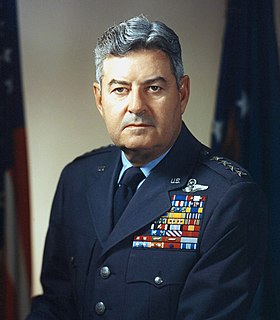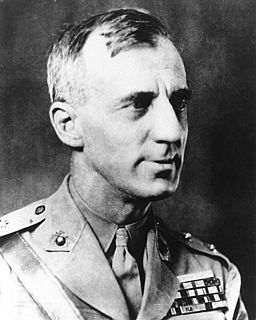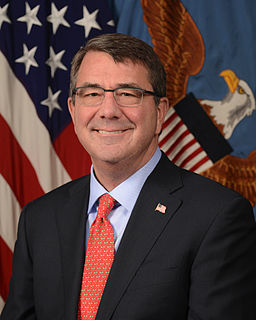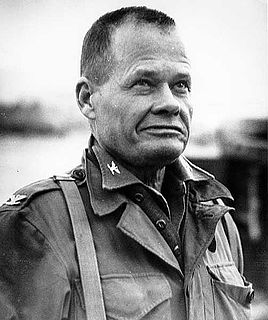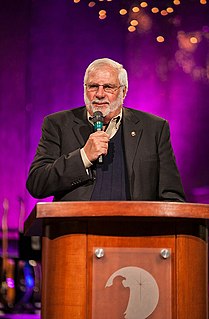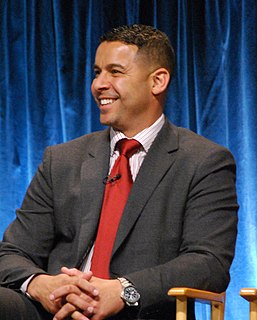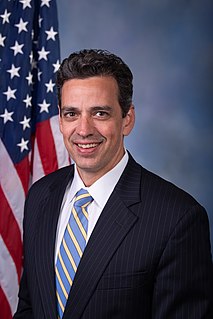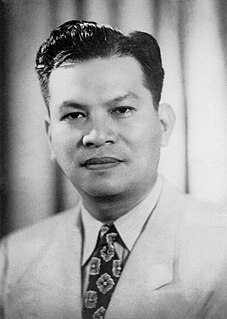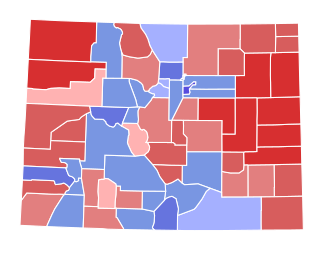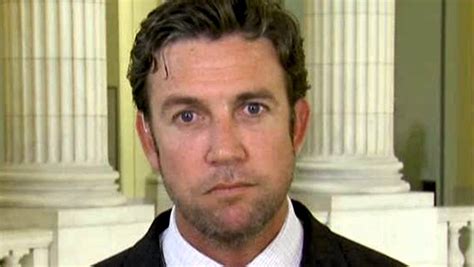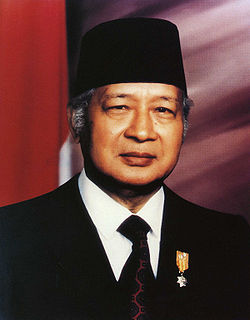Top 1200 Military Force Quotes & Sayings
Explore popular Military Force quotes.
Last updated on November 21, 2024.
We don't have any intention whatsoever to use military force to solve the Palestinian problem. But when it comes to terror - when it comes to terror, I believe that military - the right military steps is a very, very complicated kind of warfare, where I make every effort not to escalate the situation.
In Turkey also, for a long time, the military was the decisive force but in the past 10 years they have backed off somewhat and the civilian government has gained more independence and autonomy even to shake up the military command. In fact, it even arrested several high-ranking officers [for interfering in governmental affairs]. Maybe Pakistan can move in a similar direction.
Influence is best measured not only by military hardware and GDP, but also by other people's perceptions that we, the United States, are using our power legitimately. That belief - that we are acting in the interests of the global commons and in accordance with the rule of law - is what the military would call a 'force multiplier.'
I just have to tell you that the provocations by Russia need to be met with American strength. And if Russia chooses to be involved and continue, I should say, to be involved in this barbaric attack on civilians in Aleppo, the United States of America should be prepared to use military force to strike military targets of the Assad regime to prevent them from this humanitarian crisis that is taking place in Aleppo.
I'll tell you what they're all going to face, whichever one of them becomes president on January 21st of 2009. They will face a military force - a United States military force that cannot sustain - continually sustain 140,000 people deployed in Iraq and the 20-odd or 25,000 people we have deployed in Afghanistan and our other deployments.
The libertarian approach is a very symmetrical one: the non-aggression principle does not rule out force, but only the initiation of force. In other words, you are permitted to use force only in response to some else's use of force. If they do not use force you may not use force yourself. There is a symmetry here: force for force, but no force if no force was used.
I intend to vote against authorizing the president to use military force in Syria. The Obama Administration has not provided a clear or convincing strategy for inserting our military into the conflict. I am also deeply concerned about the extent to which al-Qaeda-affiliated terrorists are involved in the rebellion.
Our military offensive is indispensable, since force must be met by force. But our social offensive is the extra weapon which the enemy cannot produce. Here the enemy meets democracy's strongest element-the ability to realize and satisfy the needs of its people without taking from them their freedom and dignity as human beings.
It's very hard to feel the difficulties that the military goes through. It's very hard to feel the difficulties of military families, unless you're in that environment. And sometimes you have to force yourself to try and put yourself in other people's sort of shoes and environment to get the sense of that.
The most fundamental paradox is that if we're never to use force, we must be prepared to use it and to use it successfully. We Americans don't want war and we don't start fights. We don't maintain a strong military force to conquer or coerce others. The purpose of our military is simple and straightforward: we want to prevent war.
I'm post-cynical on this stuff. I look at the El Salvador model as the glory days: Why don't we just fund the death squads secretly and keep our boys at home? That where I almost am at this point. Clearly the American military has been a force for good for the United States. There's a reason we have a standing military. But there's something to be said for having a much smaller military because then we wouldn't be tempted to get involved in things we shouldn't be getting involved in.


